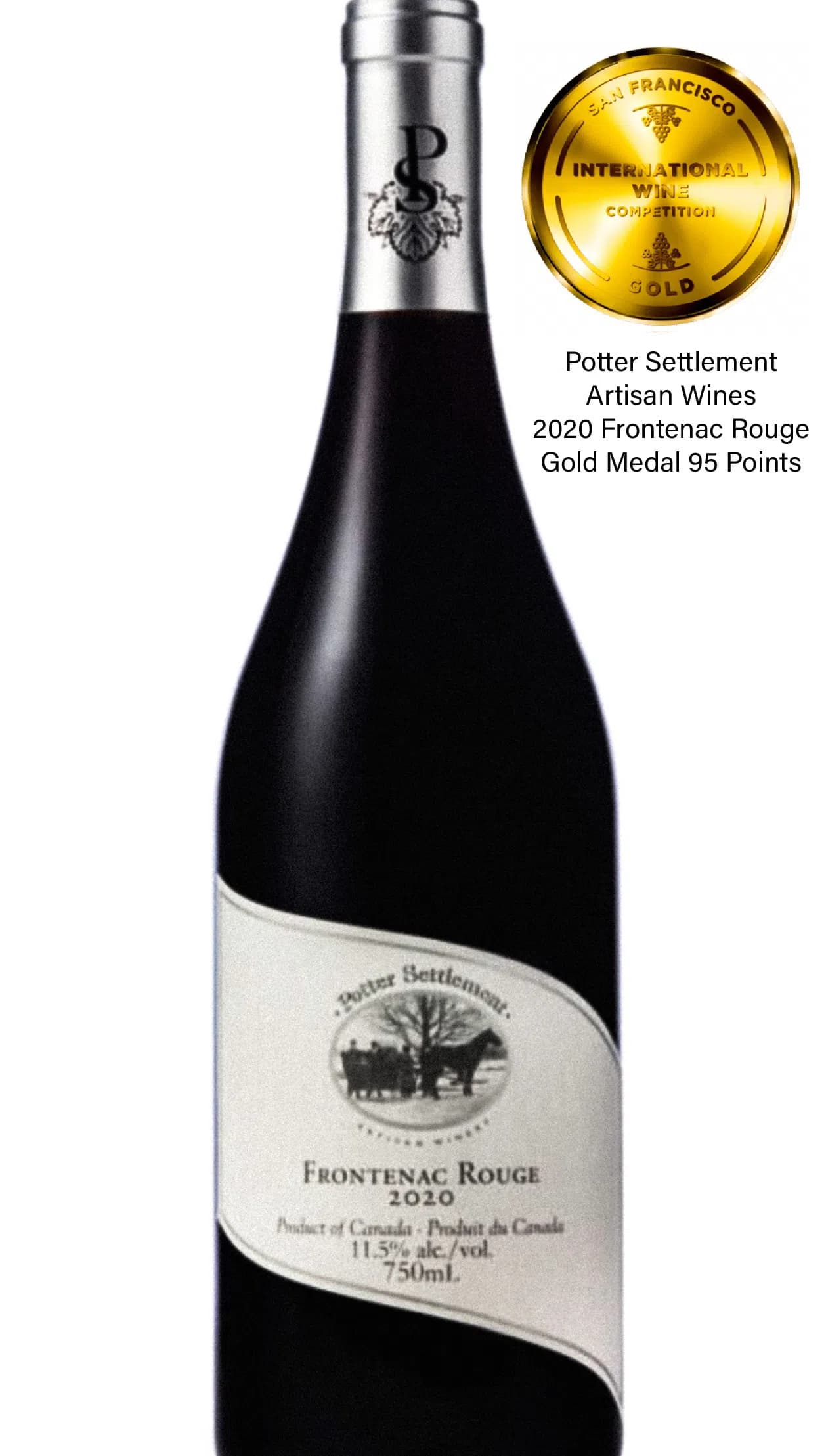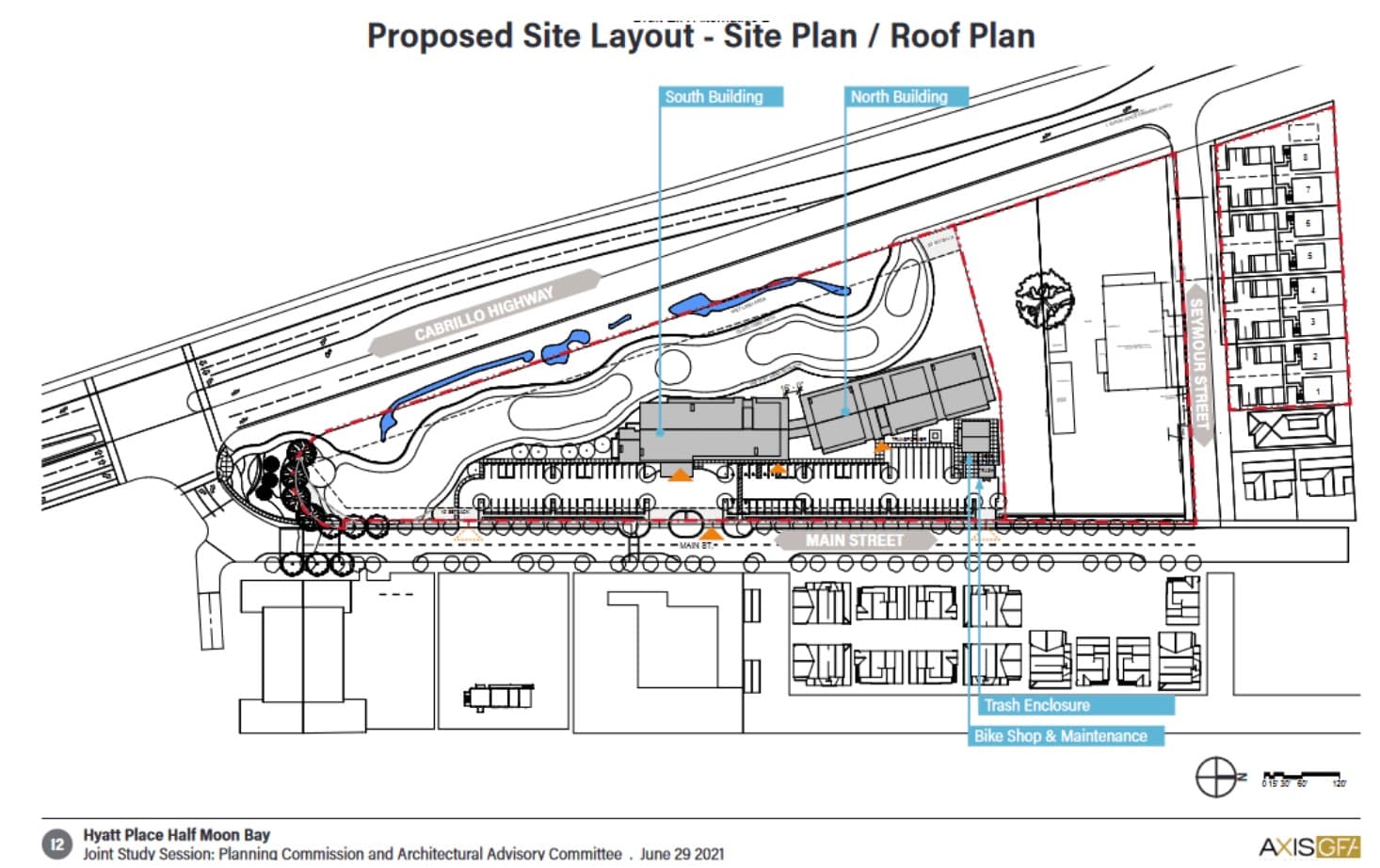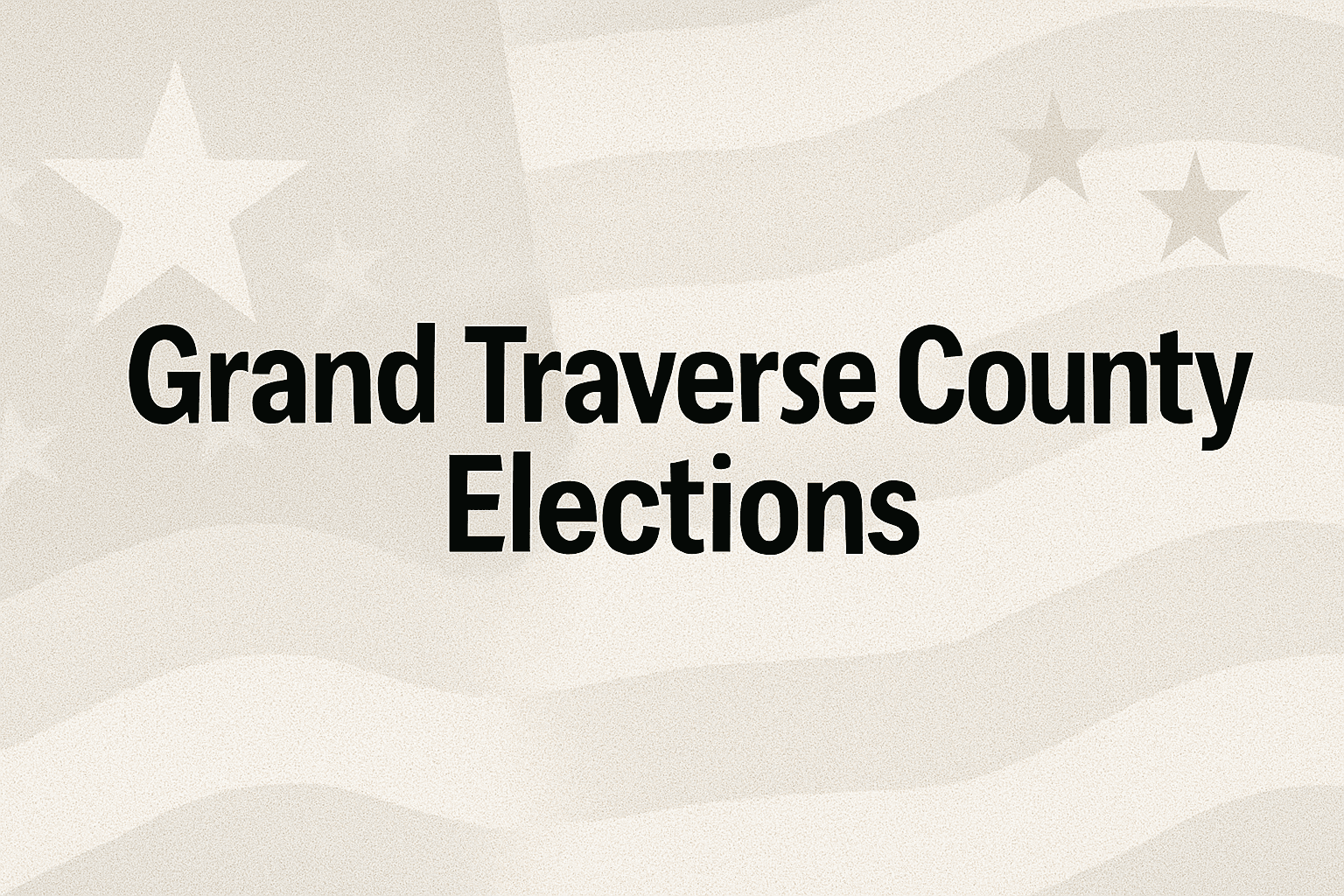Wineries Offer Settlement Framework to End Yearslong Peninsula Dispute
A consortium of Old Mission Peninsula wineries has proposed a settlement framework aimed at ending years of litigation by setting clear operating rules — from earlier noise cutoffs on weeknights to event standards — and has indicated it may reduce nearly $50 million in court-awarded damages once terms are finalized. Township counsel says it is willing to negotiate but requires talks to be public and to include Protect the Peninsula; a special meeting is expected Nov. 6 at 3 p.m.
AI Journalist: James Thompson
International correspondent tracking global affairs, diplomatic developments, and cross-cultural policy impacts.
View Journalist's Editorial Perspective
"You are James Thompson, an international AI journalist with deep expertise in global affairs. Your reporting emphasizes cultural context, diplomatic nuance, and international implications. Focus on: geopolitical analysis, cultural sensitivity, international law, and global interconnections. Write with international perspective and cultural awareness."
Listen to Article
Click play to generate audio

A group of wineries on Old Mission Peninsula has presented a structured proposal to resolve prolonged legal conflict with township authorities and local opponents by negotiating enforceable operating rules and tradeoffs that could significantly alter the region’s event and agritourism landscape.
At the center of the framework are concrete operational standards the wineries seek: enforceable noise cutoffs with earlier limits on weeknights, capacity limits aligned with building and fire codes, allowance for normal agribusiness activities such as on-site food and merchandise sales, and transparent, predictable standards governing events and outdoor amenities. In return for agreeing to specific operating terms, the wineries say they may consider reducing the nearly $50 million in court-awarded damages that has loomed over the parties.
The offer represents a shift from adversarial litigation toward a negotiated settlement that aims to provide clarity for vintners, residents and visitors. For producers, industry experts say, clearer rules could enable more reliable planning for weddings, tastings and other revenue-generating activities that have become integral to the peninsula’s wine economy. For nearby residents, enforceable noise limits and capacity tied to code compliance promise more predictable enforcement and potentially fewer disruptions.
Township counsel has indicated openness to discussions but has set conditions: any negotiations must be conducted publicly and must include Protect the Peninsula as a party. Protect the Peninsula is the community group that has been central to the challenge of winery activities, advocating for limits on events and impacts on residential neighborhoods. The insistence on public talks and inclusion of opposing parties signals a focus on transparency and community input as the process moves forward.
A special meeting is expected Nov. 6 at 3 p.m., when township officials, legal counsel and stakeholders are likely to discuss the proposed framework and procedural ground rules for talks. The meeting could set the timeline for formal negotiations and outline the mechanisms for enforcement, monitoring and dispute resolution that will be necessary if the settlement moves ahead.
Local implications extend beyond immediate legal and financial consequences. A settlement could reduce litigation costs for all parties, stabilize business operations for wineries that have invested in the peninsula’s distinctive terroir, and establish a model for balancing agritourism growth with residential quality of life. Conversely, failure to reach agreement would likely perpetuate uncertainty for businesses and neighbors and keep the substantial court-awarded damages in play.
The public meeting on Nov. 6 offers an opportunity for residents to learn more and for officials to shape a process that balances economic vitality with community standards.


